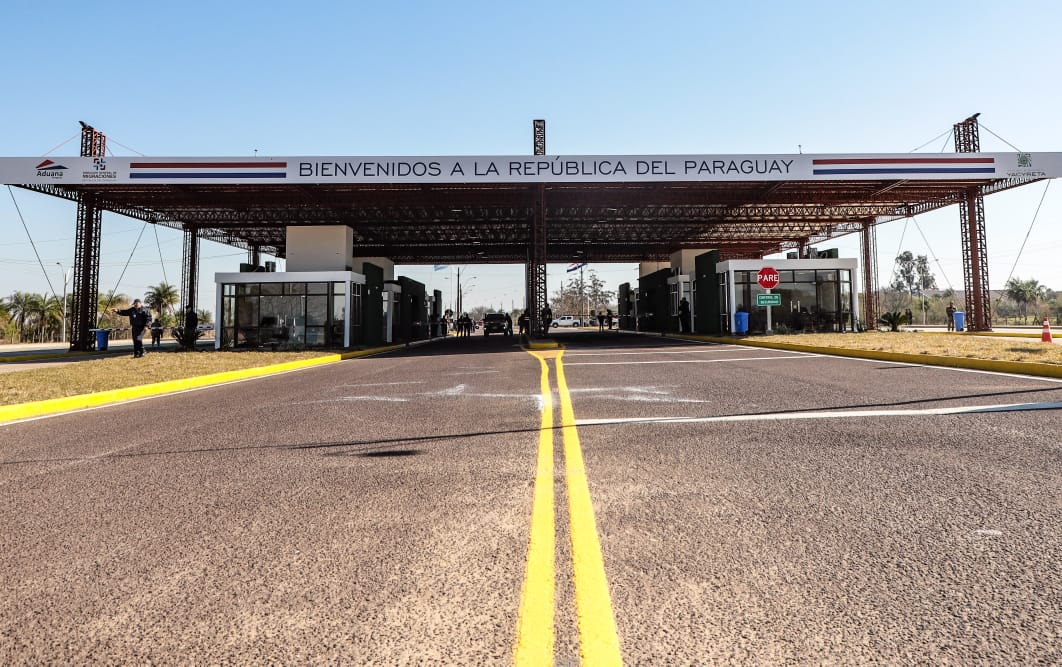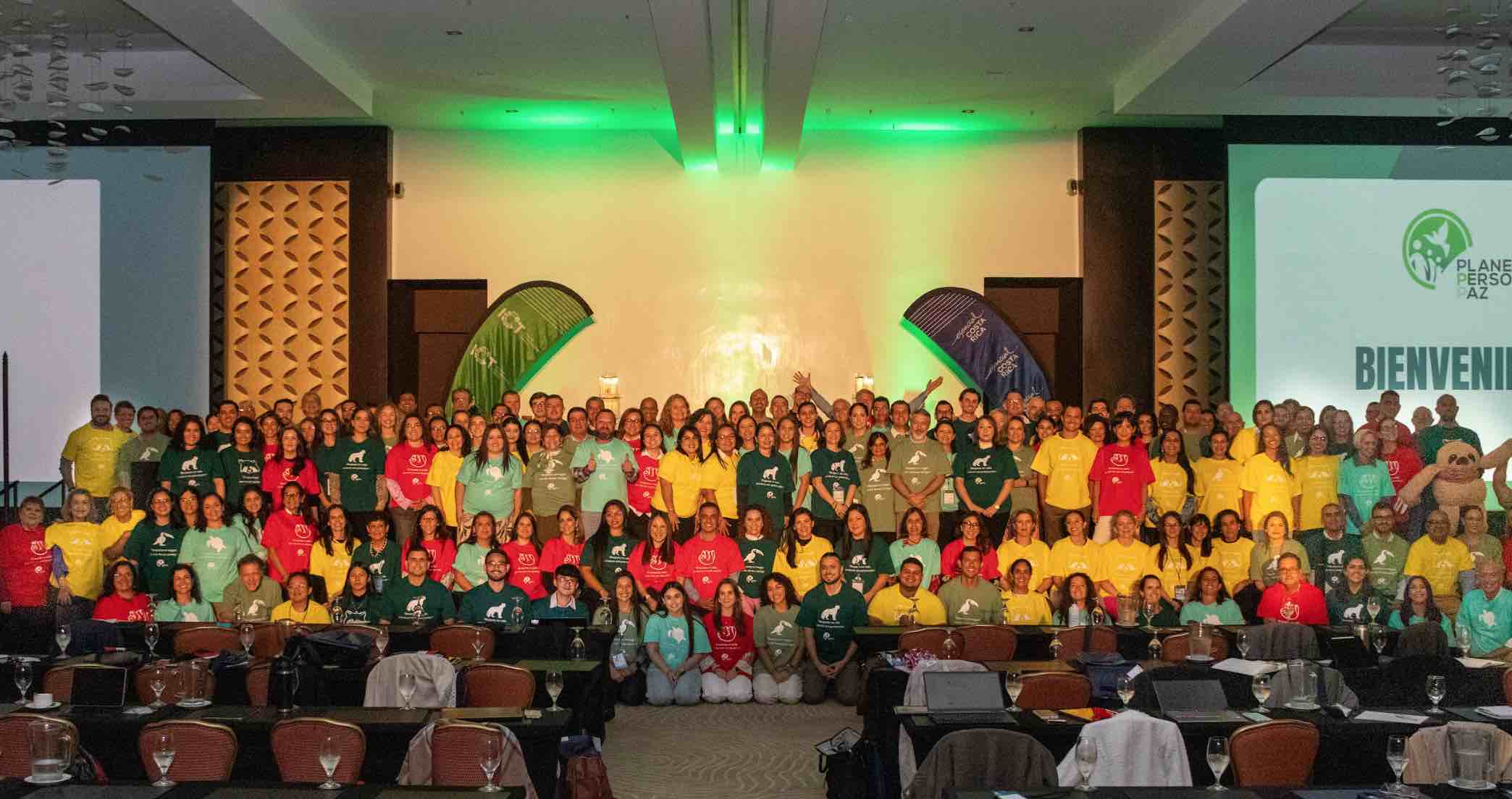Cases of Digital Vulnerability The problem of affected online reputation is not exclusive to Venezuelan migrants, but it is a phenomenon that has become more visible due to the migration crisis in Latin America. Many Venezuelans fleeing their country in search of better opportunities in Colombia, Peru, El Salvador, and Honduras face situations where their name is associated with information that does not correspond to their reality, but which is still available online.
Migration authorities in Colombia and Peru have implemented a new and controversial procedure to verify the online reputation of Venezuelans trying to legally enter their countries. According to reports circulating on social media and news outlets, the long lines at migration offices are partly due to immigration officers using Google to investigate the digital presence of entry applicants.
The "Digital Search" in Migrations In an increasingly connected world, the information available on the Internet has become a powerful tool, not only for individuals but also for government authorities. In the case of Venezuelan migrants, authorities in Colombia and Peru have adopted the use of the Google search engine to verify digital backgrounds before allowing entry into the country.
Investigations have revealed that, during the migration procedures, Venezuelans undergo a thorough questioning about their online history. Through this process, officials consult the news that appears on Google related to the name of each applicant. This creates a complex situation as many people may be victims of false accusations or distorted information that persists on the web, affecting their digital reputation.
The Impact of Online Reputation Online reputation has become one of the most valuable assets in the digital age. More and more people depend on their online presence to access job opportunities, acquire products, or, in this case, to travel or migrate to other countries. However, the information circulating on the web, even if not always accurate or verified, can have harmful effects on individuals.
The information found in Google searches is not only made up of what a person posts on their social media or blogs but also by news from media outlets, forums, and other third-party sites that can affect their image, even if the accusations are untrue. In this sense, a compromised digital history can greatly complicate the migration process.
Cases of Digital Vulnerability The problem of affected online reputation is not exclusive to Venezuelan migrants, but it is a phenomenon that has become more visible due to the migration crisis in Latin America. Many Venezuelans fleeing their country in search of better opportunities in Colombia, Peru, El Salvador, and Honduras face situations where their name is associated with information that does not correspond to their reality, but which is still available online.
Among the most frequent cases of affected online reputation are those who have been victims of political accusations, those who have been wrongly associated with crimes they did not commit, or those whose names have been defamed through disinformation campaigns. All of this is present in Google search results, increasing the risk that these people's migration will be rejected.
The Growing Use of Google in Migration Processes The phenomenon of "googling" migrants is not exclusive to Colombia and Peru. More and more countries are using the Internet as a tool for verifying identity and background for immigrants. The trend of reviewing online reputation is linked to growing concerns about security, immigration control, and the fight against organized crime.
While the use of digital tools for migration control has benefits in terms of security, it also raises serious concerns about privacy and fairness. The ability of authorities to review personal information available online without the consent of the affected individual sparks a debate about respect for human rights and migrants' access to justice.
Online Reputation and the Need to Act The importance of maintaining a good online reputation is fundamental in times of migration. While citizens can control most of the information they post on their social media, they are also exposed to the spread of fake news, rumors, or involvement in defamation situations through extortion networks.
In these cases, cleaning online reputation becomes a priority for those whose migration opportunities are compromised. Specialized companies like Smart Reputation offer digital reputation management services, helping individuals remove or push negative articles from Google search results.
Cases of Online Reputation Cleaning Various cases of individuals with compromised reputations have found solutions through these services. Some examples include:
Venezuelans politically persecuted who have been subjected to false accusations in government-controlled media.
People accused of minor crimes in the past, who although acquitted, are still associated with the crimes due to incorrect information on the web.
Victims of extortion networks who have been defamed through blogs and social media.
Professionals and athletes who want to restart their lives, but whose online reputation prevents them from moving forward due to false accusations.
The Path to Repairing Online Reputation If your name is compromised online, the first thing you should do is review your reputation on Google. Fortunately, there are free tools and services like Smart Reputation’s diagnostic that allow you to assess the current state of your web presence and determine the steps to take to correct negative information.
It is crucial for those facing difficulties with their online reputation to act quickly, as reputation cleaning can take between six months and two years, depending on the severity of the situation.
More info:
Keywords: online reputation, migration Venezuela, migrants Colombia, migration Peru, googling migrants, digital reputation, migration control, fake news, Smart Reputation, reputation cleaning
If your name is compromised online, do not hesitate to contact experts in digital reputation management who can help you restore your image and ensure that your migration process is not affected by erroneous or false information.
Hernán Porras CEO WEB24 IT SERVICES LLC www.web24it.com @hernanporrasm










